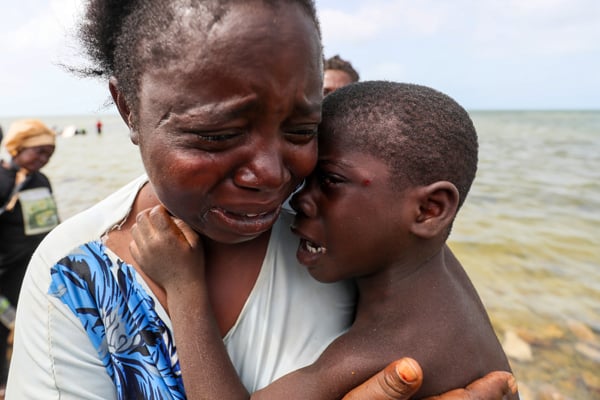Rethinking irregular migration from Africa

Linguère Mously Mbaye
What you need to know:
- ‘‘The best way to tackle irregular migration is to provide potential migrants with viable, safe alternatives”
Irregular migration from Africa has been a growing concern since the mid-2000s. According to the International Organisation for Migration, 40,868 migrants attempted the dangerous journey from West Africa to the Canary Islands in 2023. Of these, 39,910 reached their destination, more than double the number recorded in 2022.
The resurgence of irregular migration, particularly from West Africa and other parts of Africa, underscores the urgent need to understand and address its root causes. While most African migration occurs within the continent, the increasing trend of irregular migration to Europe is characterised by severe human-rights violations, significant loss of life, and economic inefficiencies in migrants’ home countries, as well as in transit and destination countries.
Political instability, macroeconomic shocks, violent conflict, and a lack of opportunity often fuel migration pressures. In recent years, these issues have been compounded by climate change, which has exacerbated food and water insecurity and destroyed lives and livelihoods.
Tackling irregular migration requires creating conditions for a fulfilling life in Africa. Empowering young Africans, in particular, is critical to reducing irregular migration. In many African societies, success is often associated with relatives who have migrated, leaving those who stay behind feeling marginalised.
But while irregular migration flows from Africa to Europe continue, a growing number of young diaspora Africans are returning to the continent, viewing it as a land of opportunity and showing that migration, if well-managed, can be beneficial. By tapping into the diaspora’s great potential, young Africans can gain money, skills, knowledge, and experience, which they can bring back and invest in their communities.
To restore hope, improving young people’s job prospects is crucial. A 2019 policy research document by the African Development Bank (AfDB) estimates that to accommodate its growing population and keep unemployment rates from rising, Africa would need to add nearly 1.7 million jobs per month until 2063.
With 70 percent of its population under the age of 30, sub-Saharan Africa’s demographic dividend represents an immense opportunity, as developed economies grapple with aging populations.
Although education systems across Africa have improved, the continent’s young people still suffer from a lack of marketable skills and limited access to financial assets, shortcomings that are exacerbated for young women by gender inequality. At the same time, increased connectivity has made young Africans more aware of opportunities elsewhere, raising their expectations and demands.
Against this background, the AfDB’s Jobs for Youth in Africa Strategy and Youth Entrepreneurship Investment Bank (YEIB) Initiative represent a positive step. Both initiatives aim to create jobs and foster entrepreneurship, thereby providing young Africans with the opportunities they need to thrive at home.
In addition to seeking economic opportunities, people often migrate in search of social justice and freedom.
African countries must ensure that the concerns of young people are heard and that their ideas, creativity, and experiences are valued.
Addressing irregular migration effectively also requires a paradigm shift in how immigration policies are discussed, designed, and implemented.
But the best way to tackle irregular migration is to provide potential migrants with viable, safe alternatives. To this end, African policymakers must focus on expanding the choices available to young people, providing them with the skills and opportunities needed to drive economic growth and sustainable development in Africa.
-- Project Syndicate
The writer, Linguère Mously Mbaye is principal fragility and resilience officer at the African Development Bank Group




